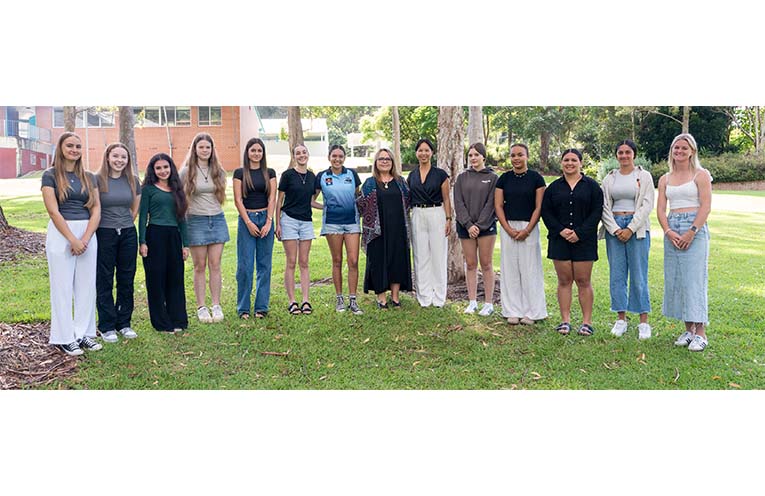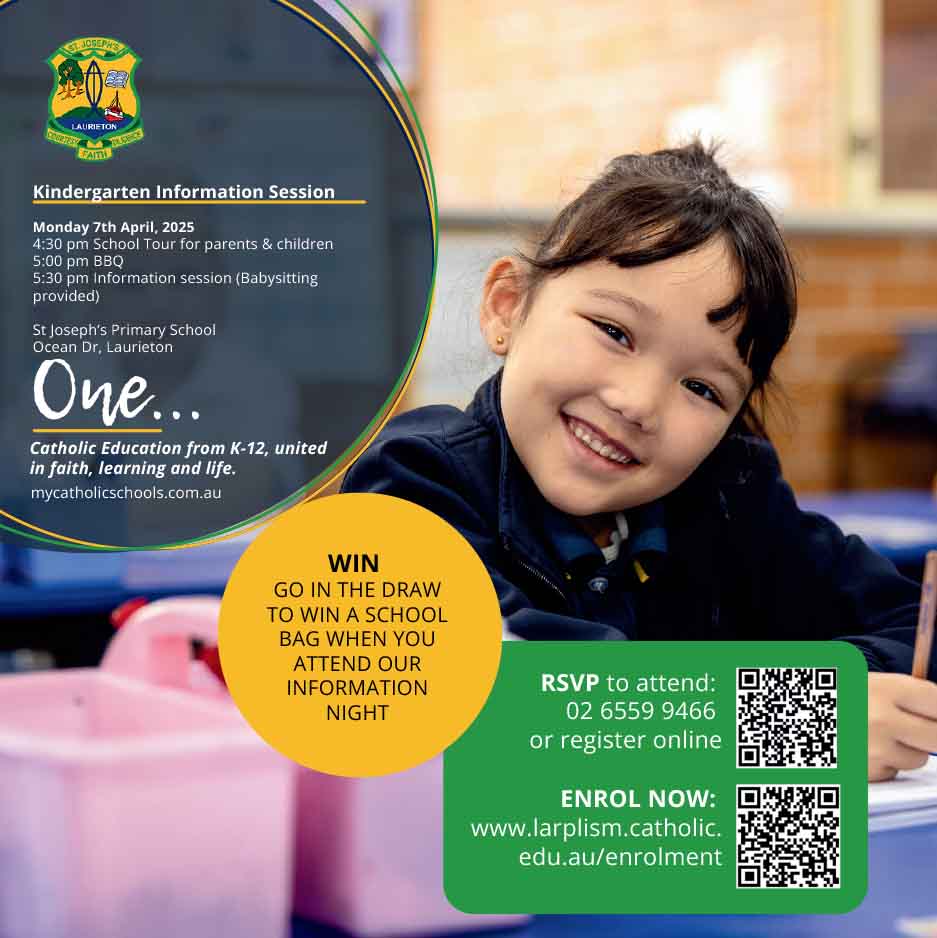
Inala Gibbs and Milla Swain with MNCLHD Aboriginal Workforce Development Coordinator Jodi
Shaw and Chief Executive Jill Wong (centre).
TWELVE more high school students are now working in various roles across the Mid North Coast Local Health District (MNCLHD) thanks to the legacy of Aboriginal activist Elsa Dixon.
Ms Dixon played a key role in improving social outcomes for Aboriginal communities, from the 1970s until her death in 1993.
 Advertise with News of The Area today.
Advertise with News of The Area today.It’s worth it for your business.
Message us.
Phone us – (02) 4981 8882.
Email us – media@newsofthearea.com.au
In her honour, the Department of Education funds an Aboriginal Employment Grant, aimed at promoting workforce diversity and innovation.
Through the health district’s Aboriginal School Based Traineeship Program, the students will spend the next two years working with nursing teams across all sites, combining on-the-job training with Certificate III-level studies at TAFE.
At the end of their traineeships, they will have a nationally recognised qualification in their chosen field that will also contribute to their Higher School Certificate.
In addition to TAFE, the MNCLHD program works with local secondary schools and the State Training Services Office.
Chief Executive Jill Wong said the District was committed to increasing the representation of Aboriginal employees.
“I’m excited to see these trainees excel and contribute to the future of healthcare, carrying forward Elsa Dixon’s legacy of compassion, service and dedication to community wellbeing,” she said.
“The trainee program plays an important part in helping us to achieve this while also improving career pathways for Aboriginal youth on the Mid North Coast.
“It’s testament to the success of the program that many of our Elsa Dixon graduates have gone on to study health-related TAFE or university programs and secured employment within our organisation or more broadly with NSW Health.”
The new intake joins the eight students entering their second year of the program.
Elsa Dixon believed that education, training and employment were the key to overcoming social inequality and were the foundations of an informed and just society.
In the 1940s, she also became the first Aboriginal woman to earn her pilot’s licence.
By Sue STEPHENSON
